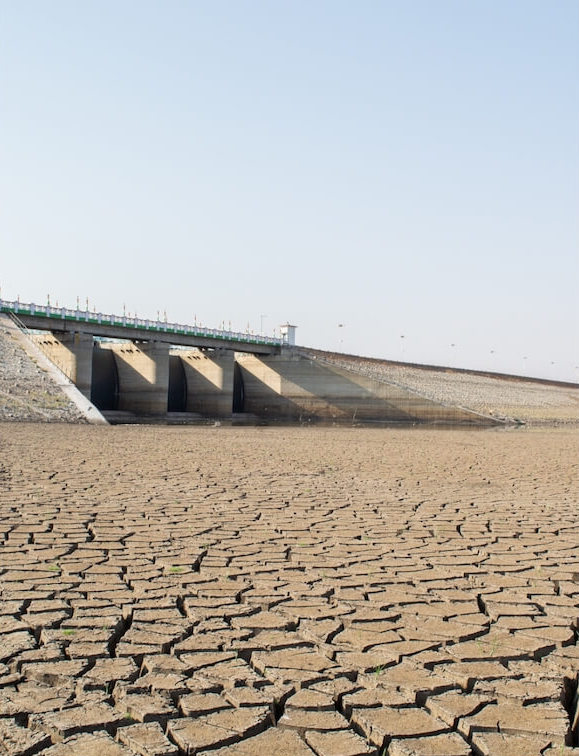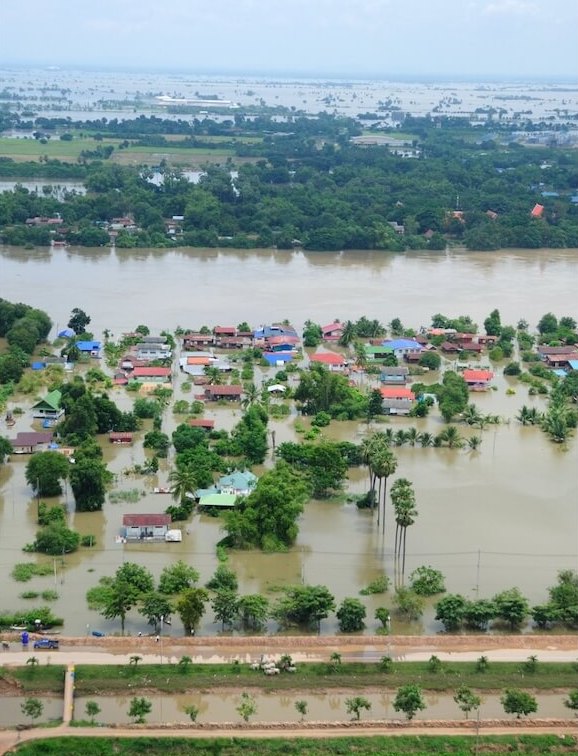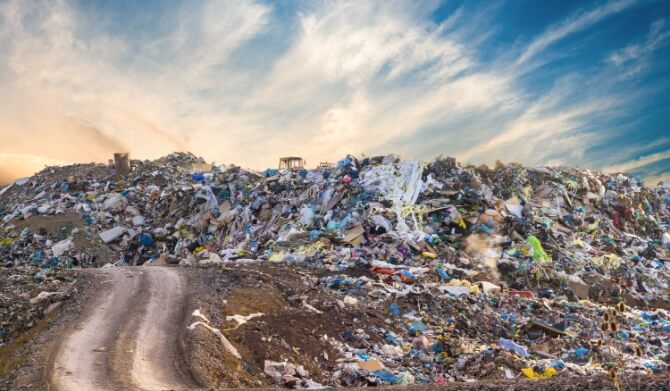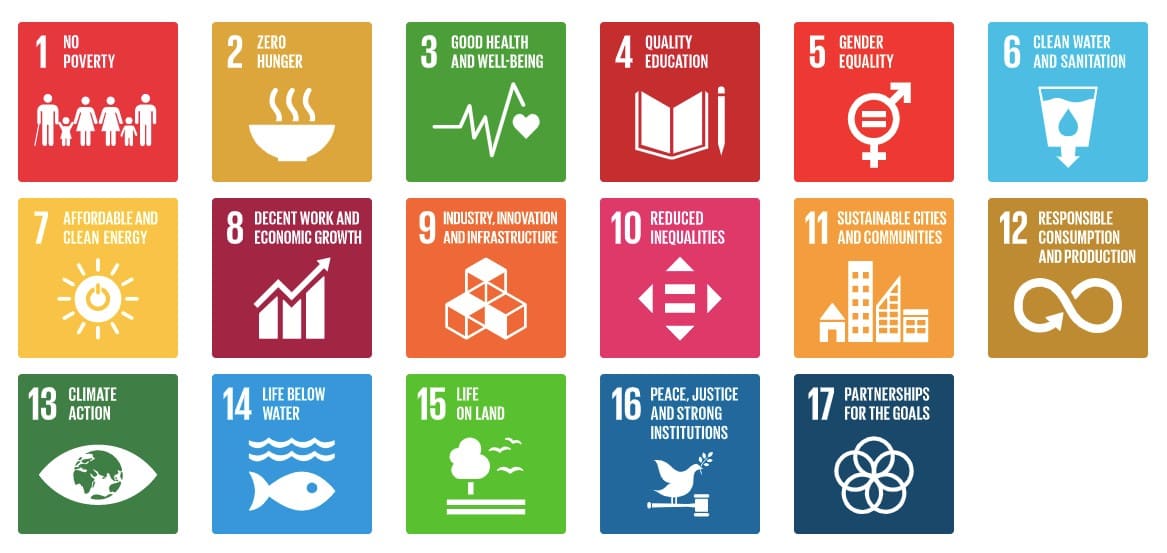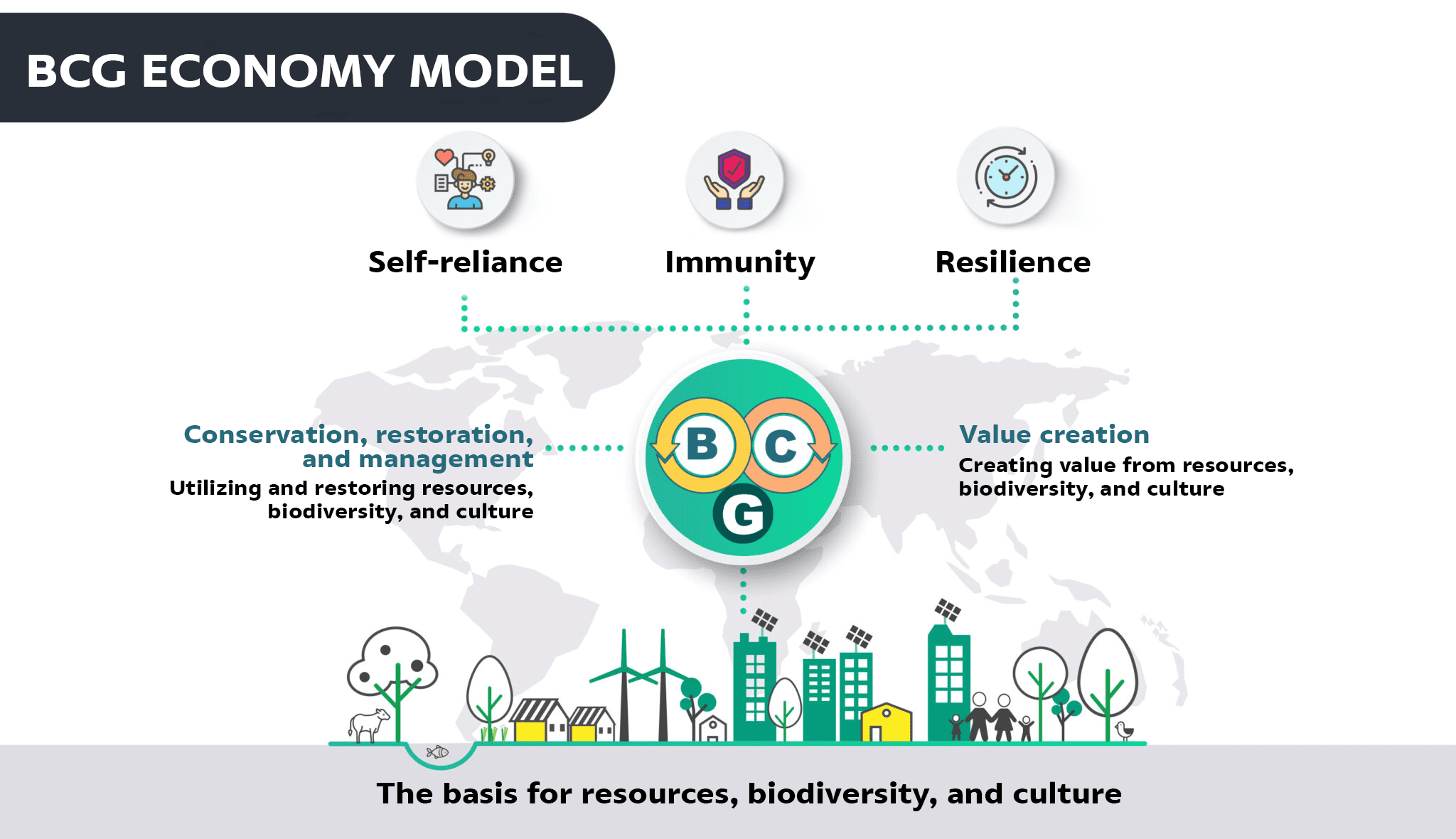
How is ESG measured?
ESG performance is evaluated according to the information disclosed by a company demonstrating business operations and risk management which encompass environmental, social and governance issues in order to provide investors with sufficient information to make investment decisions. Transparent, accurate, and complete disclosure of information allows a business to build trust with stakeholders and attract investors.
PMG’s report on “Impact of ESG Disclosure” explains that leading global investors such as BlackRock and Vanguard often use ESG data in analyzing a company’s long-term performance, such as energy consumption data which reflects the costs and risks of a company’s dependence on energy. ESG factors are also included as part of the conditions for issuing investment products such as funds and ETFs, with the belief that businesses which take into account ESG principles constitute reduced investment risks and are able to generate consistent returns as well as benefit society and the environment. (https://www.setsustainability.com/page/disclosure)
At present, the United Nations, which supports the union of global investors under the name UN PRI (Principles for Responsible Investment) to promote responsible investment principles, is emphasizing the application of ESG factors in analyzing and making decisions regarding investments, as well as encouraging the business sector to disclose data on "ESG" in a concrete way in order to enable stakeholders and investors to feel confident that they are involved in supporting companies that operate responsibly and are truly committed to sustainability.
Consequently, global sustainability reports are being made according to international reporting frameworks with a variety of standards, such as GRI Standards, Integrated Report Framework, Recommendations of the Task Force on Climate-related Financial Disclosures (TCFD), for example, with an ESG Rating Agency, such as Dow Jones Sustainability Indices (DJSI) , Sustainalytics, Morgan Stanley Capital International (MSCI), and Carbon Disclosure Project (CDP), evaluating the securities index used to assess the effectiveness of business operations according to the company's sustainable development guidelines.
The Stock Exchange of Thailand has compiled a list of “Sustainable Stocks” from among listed companies to promote investment in ESG-conscious businesses. Although this list still consists mainly of large companies, nowadays, many listed companies are beginning to use ESG data to generate sustainability reports for disclosure to shareholders, investors, and the public along with financial reports in order to meet the needs of Thai investors for sustainable investment
(https://www.setsustainability.com/page/thsi-thailand-sustainability-investment)
When the world we live in is facing problems and challenges all around, SCG believes that ESG is no longer just a tool to create long-term business growth. Rather, it can be a tool to help all sectors, including the government, the private sector, and the public, as "good citizens," to come together and solve the crises that have arisen in these three dimensions. Therefore, it is our duty to find ways to participate in solving the problems to the best of our ability in order to bring our world towards sustainability and build a better world for the next generation. ...
Together, we must mobilize to take care of this world with urgency.


